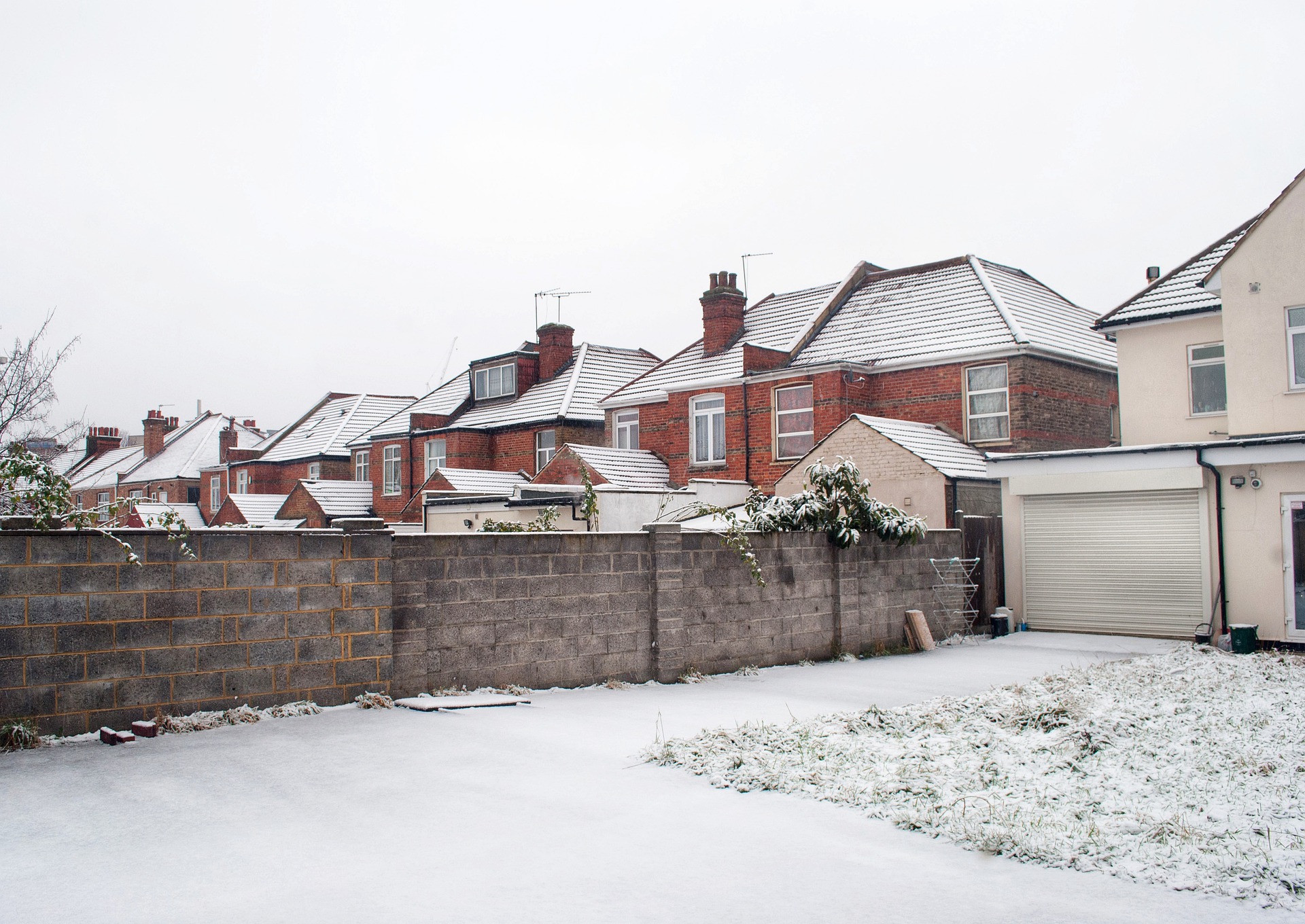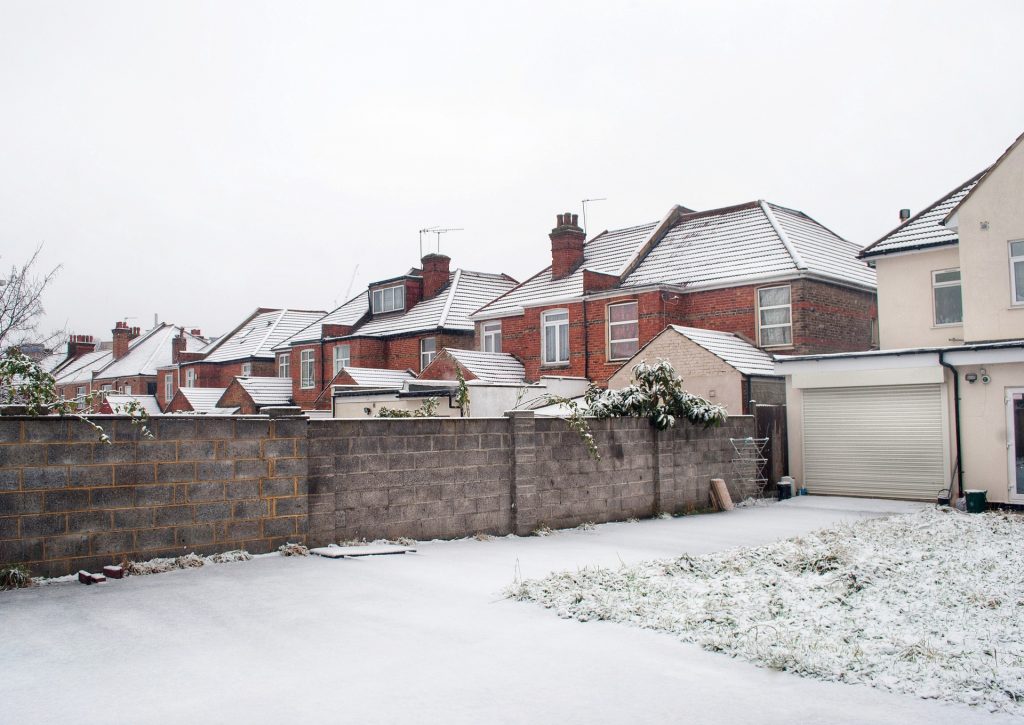A fuel poverty charity has warned that due to an incoming record high energy price increase this spring, millions of UK homes could face fuel poverty for the first time this year.
Four million homes are already experiencing fuel poverty following a surge in global energy bills this past October.
National Energy Action, the charity leading warnings against the energy price hike, have predicted that a further two million homes could slip into fuel poverty, taking the total figure up to six million households -the highest figure since records began in 1996.
This is at a time when petrol prices have reached record highs, and the cost of consumer goods is expected to rise exponentially.
The impact this will have on the working classes cannot be underestimated. Families will be forced into inadequate living conditions, face devastating effects on both mental and physical health and will shorten the lives of many. In a nation where an average of 9,700 people already die each year, due to living in a cold house, this price hike is deadly.
To help cover the costs of failed energy suppliers, the government might be looking to allow the energy price cap to rise to £2,000 in April, from its current £1,138, industry experts are predicting.
This is the cost of living under capitalism: preventable deaths and needless suffering is allowed if it means capitalists’ can line their pockets.
Fuel poverty cannot be separated from the housing crisis that Britain is facing, too. Depriving the poorer classes of affordable and adequate housing is what has led to thousands of preventable deaths each year. The irony isn’t lost on anyone that as austerity strips people of homes that would ensure good health, that same austerity drains the underfunded NHS on ensuring people who live in inadequate housing are kept alive, creating a cycle where sick patients are sent back from the hospital (due to bed shortages) to the very conditions that brought them into hospital in the first place.
A political cartography of the fuel poverty crisis is needed to weave together the threads that make these different forms of oppression of the working class function as interrelated dynamics, helping us to understand the lengths to which capitalism encloses us into the cage that is poverty and subordination. This analysis stops the status quo from depoliticising certain aspects of poverty, freeing the working class of the explanation that it is our fault, that we don’t work hard enough to deserve a warm home to live in. It connects fuel poverty to the economic, institutional and labour issues that plague the working class today.
However, political cartography also must be put into practice to not just analyse the condition of the working class, but to improve it, too. That’s why the YCL campaigns against poverty in working class communities.
Georgina Andrews, is a member of the YCL’s Merseyside branch




